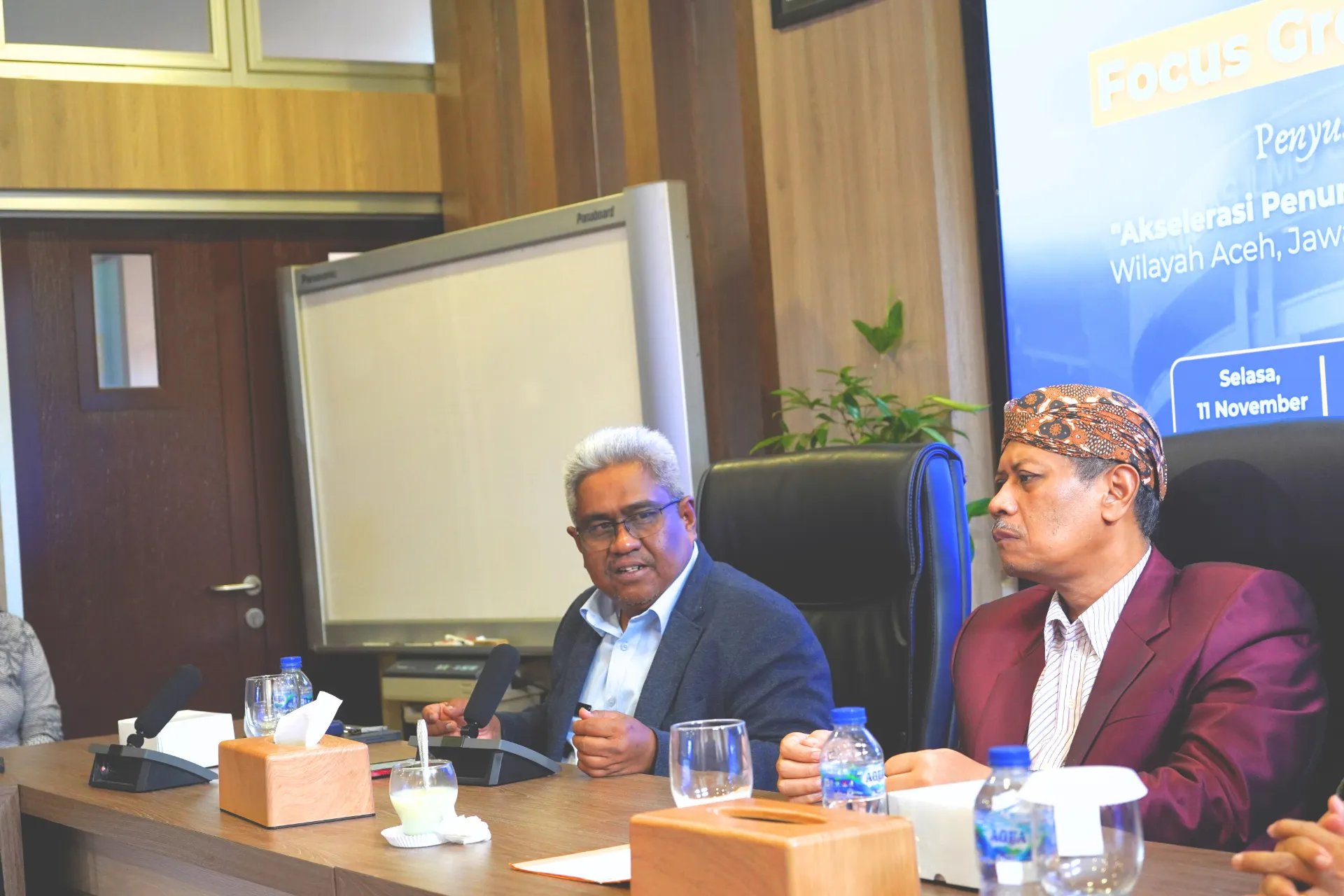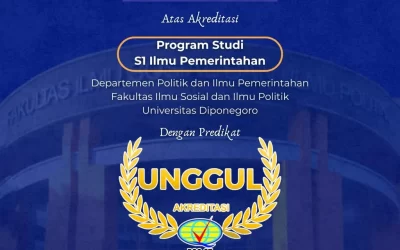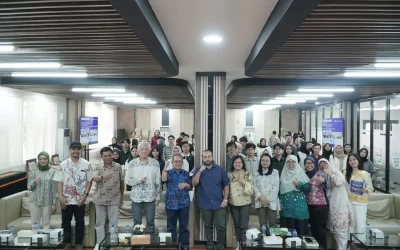SEMARANG, November 11, 2025 – Department Politic and Government Sciences Faculty of Social and Political Sciences (FISIP) Diponegoro University (Undip), in collaboration with the Directorate of Rural/Urban Community Institution Development , Ministry of Education and Culture / BKKBN Republic of Indonesia , held a Focus Group Discussion (FGD) to draft policy brief (policy brief) entitled “Accelerating Stunting Reduction : Research Study of Aceh, East Java, Bali, and West Sulawesi Regions”.
The event, which aims to sharpen policy recommendations, was held on Tuesday, November 11, 2025, 1:00 PM – 3:40 PM WIB, located at Senate Meeting Room A , 2nd Floor , Building A, Faculty of Social and Political Sciences, Diponegoro University. This FGD will present researchers, practitioners, and academics. For dissecting field findings from four key provinces.
The FGD was officially opened by the Dean of the Faculty of Social and Political Sciences, Diponegoro University (FISIP Undip), Dr. Drs. Teguh Yuwono, M.Pol.Admin , and the Director of Rural/Urban Community Institution Development, BKKBN (National Population and Family Planning Board), Dr. Mahyuzar , M.Si. Both emphasized the importance of research-based collaboration to produce targeted policies in efforts to accelerate national stunting reduction .
Findings Main: Problem Data, Coordination, And Food Access
The discussion was divided into two sessions, each examining various systemic challenges . The first session highlighted issues of collaborative governance and strategies for meeting nutritional needs.
Bangkit Aditya Wiryawan, Ph.D., presented findings on “Strengthening Multi-Sector Collaborative Governance.” His research identified several key challenges in the field, including failed data convergence, unsynchronized inter-sectoral programs, and weak integrative leadership. “We recommend strengthening leadership mandates and data integration obligations, as well as better financial synergy,” Bangkit said. Meanwhile, Faiz Kasyfilham , MA, focus on “Strategy Innovative: Access Nutritious Food.” He highlighted fiscal discontinuities, human resource fragmentation, sociocultural resistance, and mistargeting of aid. “Our recommendations include innovative financing regulations.” And intervention regulations food Which supported education based culture,” said Faiz.
Challenge in Field: Capacity TPK And Coordination Center- Regional
The second session explored the effectiveness of central-regional coordination and the performance of the Family Support Team (TPK).
Hanifa Maylasari, M.Sos., in her presentation, emphasized issues of institutional capacity, fiscal independence, and data integration as challenges in central-regional coordination. She recommended strengthening information governance, fiscal incentive schemes, and socio-cultural adaptation. Meanwhile, Yoga Putra Prameswari, M.A., discussed the performance of TPK. Based on findings, the regulation and structure of TPK are already fairly good, but commitment at the implementation level remains minimal. “TPK’s performance is already good in terms of collaboration, but there are still obstacles due to limited knowledge, budget, and internet network for the application,” stated Yoga. Interestingly, this presentation also quoted testimony from the Cipta Indonesia Foundation that stunting is not only an issue of poverty, but also of behavior, as it is often found in upper-middle-class families. The proposed recommendations are intensive dissemination of regulations and the promotion of more decent welfare for TPK.
This discussion was further enriched by critical input from the reviewers, including Dr. Supratiwi, M.Si., Dra. Puji Astuti, M.Si., Dr. Dewi Erowati, M.Si., Lusia Astrika, M.Si., and Hendra Try Ardianto, M.A. The reviewers provided important notes regarding the need for a balanced in-depth analysis in the four study regions, synchronization between ministries, and technical aspects of writing the policy brief to make it sharper and more implementable.
It is hoped that this event will produce a comprehensive policy summary as strategic input for the government in its efforts to achieve the national stunting reduction target.






0 Comments